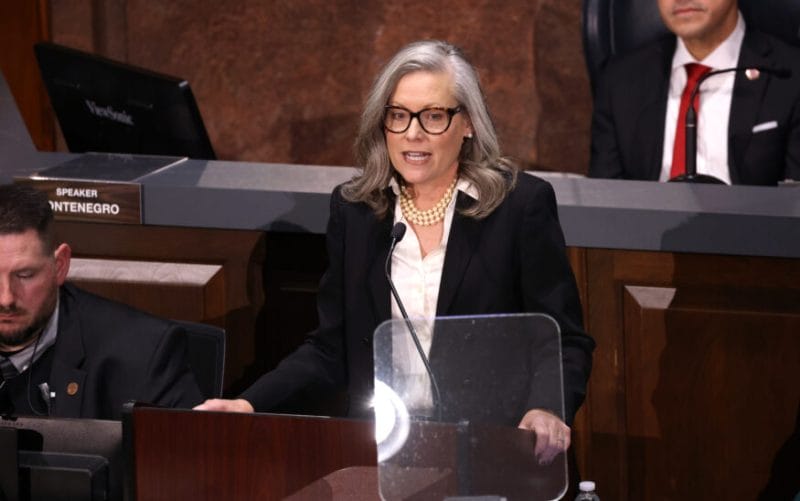
By Marianne Cooper | The Atlantic
At the height of the Great Recession, Jennifer Silva, a sociology professor at Bucknell University interviewed working-class young people (ages 24 to 34) about coming of age in turbulent economic times. With good jobs harder to find and educational opportunities financially out of reach, Silva discovered that the young adults she talked with were letting go of traditional markers of adulthood. Rather than planning to go to college, buy a home, get married, and start a family, these young adults were bouncing from one low-paid job to the next, taking on debt to weather the tough times, and were wary of romantic attachments. Lacking the resources needed to stay afloat in the new economy, these young people were no longer setting their sights on the very things that have long symbolized the American dream: a home, a job, a family.





